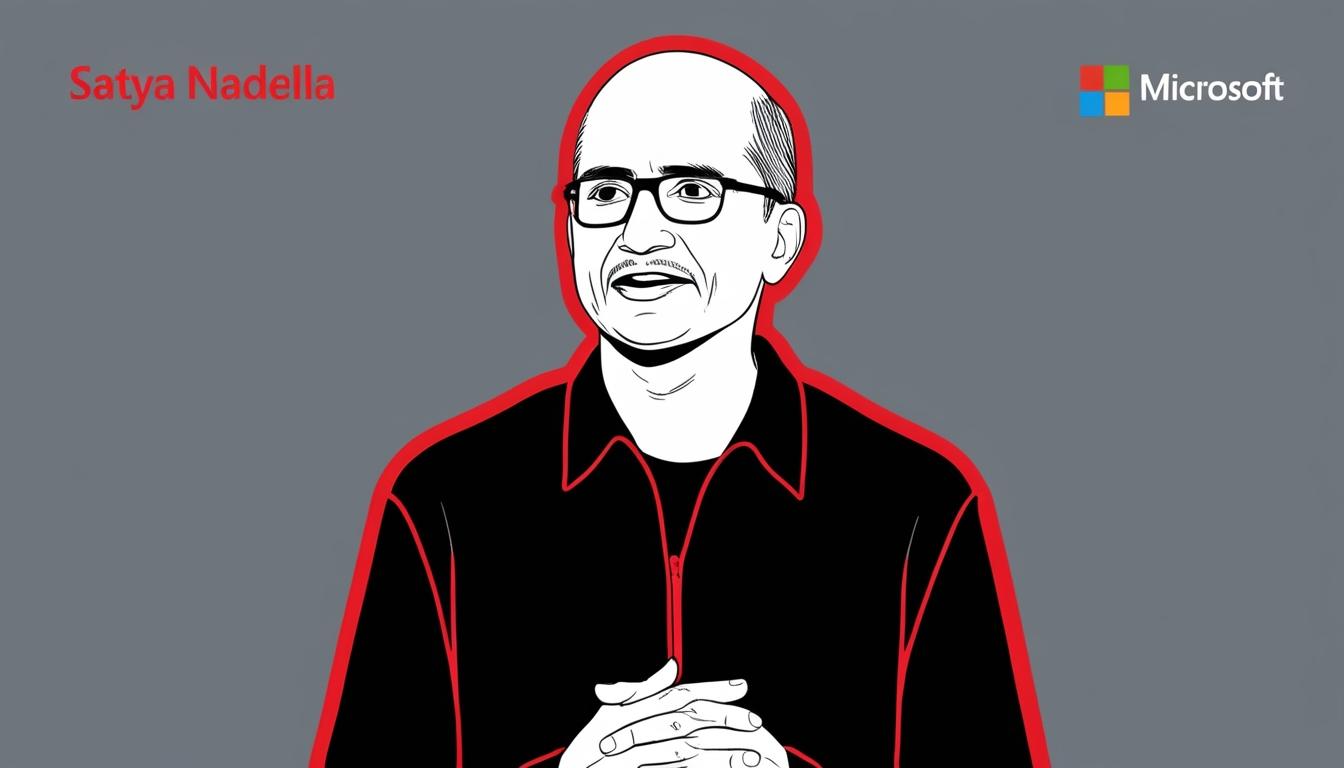At a press briefing held on May 20, 2024, in Redmond, Washington, Microsoft Chairman and CEO Satya Nadella announced the company's decision to cut a small percentage of jobs across various departments, a move confirmed by a Microsoft spokesperson. Speaking to CNBC, the spokesperson stated, “At Microsoft we focus on high-performance talent. We are always working on helping people learn and grow. When people are not performing, we take the appropriate action.”
According to reports, the job cuts will affect less than 1% of Microsoft's workforce, which stood at approximately 228,000 employees at the end of June 2024. While this reduction is small compared to previous layoffs—such as the significant downsizing of 10,000 employees announced in early 2023, and an additional 1,900 positions cut following Microsoft's acquisition of Activision Blizzard—industry analysts view this as a potential shift in Microsoft’s strategic approach as it navigates the evolving demands of technology and artificial intelligence.
Despite a nearly record net income margin of 38%, the company's stock performance in 2023 lagged behind that of its tech peers, with a 12% increase compared to a 29% rise in the Nasdaq. This disparity has raised questions regarding Microsoft’s future directions and its ability to sustain growth amid stiff competition in the technology sector.
An integral part of Microsoft’s recent trajectory has been its partnership with OpenAI, to which it has invested over $13 billion. This collaboration significantly boosted Microsoft’s market capitalisation, propelling it past the $3 trillion mark last year. However, Nadella acknowledged a growing "cooperation tension" between Microsoft and OpenAI, suggesting that the AI startup, which is now a competitor, may pose challenges to Microsoft's market position.
Also addressing concerns during the event, analysts from UBS noted the slow rollout of the Microsoft 365 Copilot assistant, which utilises OpenAI technology. Following Microsoft's Ignite conference, the analysts expressed that they were left with the impression that Copilot’s deployment in the business sector had been “a bit slow/underwhelming.” The potential for Microsoft 365 Copilot to enhance productivity is crucial for businesses looking to integrate AI-driven tools, placing pressure on Microsoft to accelerate its expansion of such offerings to remain competitive.
Despite the challenges, Microsoft continues to showcase optimism about future growth opportunities. Finance Chief Amy Hood highlighted that revenue growth from Microsoft’s Azure cloud services is expected to gain momentum in the first half of 2024, driven by an increase in AI infrastructure capacity. As Azure plays a pivotal role in Microsoft’s long-term strategy, the company is positioning itself for substantial advancements in AI and cloud-based services as it faces an ever-evolving tech landscape.
In summary, while the recent job cuts are a minor adjustment within a much broader context, Microsoft's ongoing focus on AI technologies and cloud services indicates a strategic preparation for an upcoming transformation in the dynamics of the technology sector.
Source: Noah Wire Services
